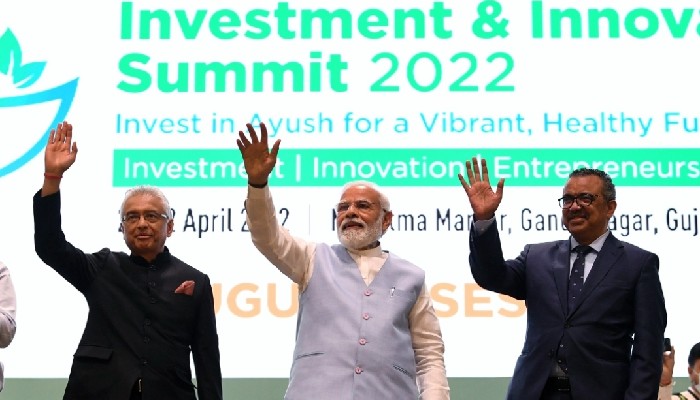Goa has already become the first state to provide 100% piped connection to rural households
Over 3 crore (30 million) rural households across India have been provided tap water connections under the Jal Jeevan Mission (JJM) over the past one year. The total number stands at 3.04 crore (30.4 million), latest figures announced by the Ministry of Jal Shakti (water ministry) on Thursday said.
To see this number in context, one has to only look at the figure for tap water connections in rural households till 2019 - 3.23 crore (32.3 million). India has nearly 19 crore rural households in all.
Reviewing the progress of the JJM, Minister of State for Jal Shakti Rattanlal Kataria said it had set "an ambitious yet achievable target of giving piped water connections to each and every rural household." The approach is to ensure that "no one is left out," he was quoted as saying by an official statement issued by the ministry.
Goa has already become the first state to provide 100% piped connection to rural households.
Two more states - Bihar, Telangana - and 2 Union Territories - Puducherry, Andaman & Nicobar - are expected to achieve 100% coverage in 2021. Telangana, Gujarat, and Haryana are also close to achieving 100% coverage.
Other states which have made good progress in terms of increasing the coverage are Himachal Pradesh, Uttarakhand, Manipur, Mizoram.
According to the statement, 27 Districts, 458 blocks, 33,516 Gram Panchayats, and 66,210 villages across the country, have been declared to have achieved ‘HarGharJal’ (water in every home).
Haryana's Kurukshetra recently became the 27th district in India and the third in the state to have achieved this target.
According to the statement, Kataria credited the success primarily to the people of these villages, Gram Panchayats, Paani Samitis (water councils), public health authorities, and other stakeholders.
According to the minister, the project is ushering in a silent revolution as water connections are being provided to all rural households without any discrimination or bias towards any particular caste, community, religion, race or color.
"Water is the elixir of life and it is unfortunate that even after 7 decades of Independence, women in the villages have to travel some distance to get potable water for fulfilling domestic needs of their families. This poses a threat to their security and dignity," the statement quoted the minister as saying.
In keeping with its inclusive approach, the Jal Jeevan Mission mandates the involvement of women in the Village Water and Sanitation Committee (Paani Samitis) to ensure their participation in overall planning and preparation of the Village Action Plans (VAPs).
The ministry said that five women per village are trained to test the quality of water using Field Testing Kits (FTKs), so that tap connections supply quality drinking water.
The ministry is working to leverage Information Technology (IT) to provide latest and relevant information about the progress of this scheme in the public domain through web portal and mobile apps.
 Contact Us
Contact Us  Subscribe Us
Subscribe Us









 Contact Us
Contact Us
 Subscribe
Subscribe
 News Letter
News Letter

